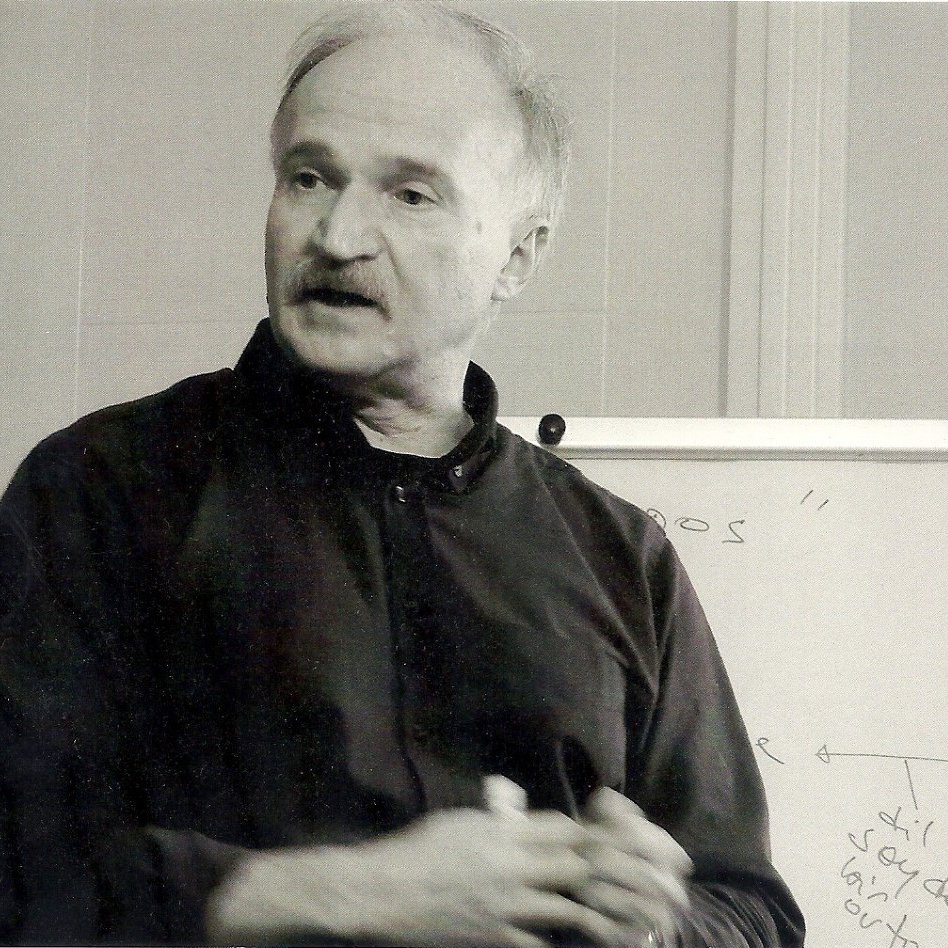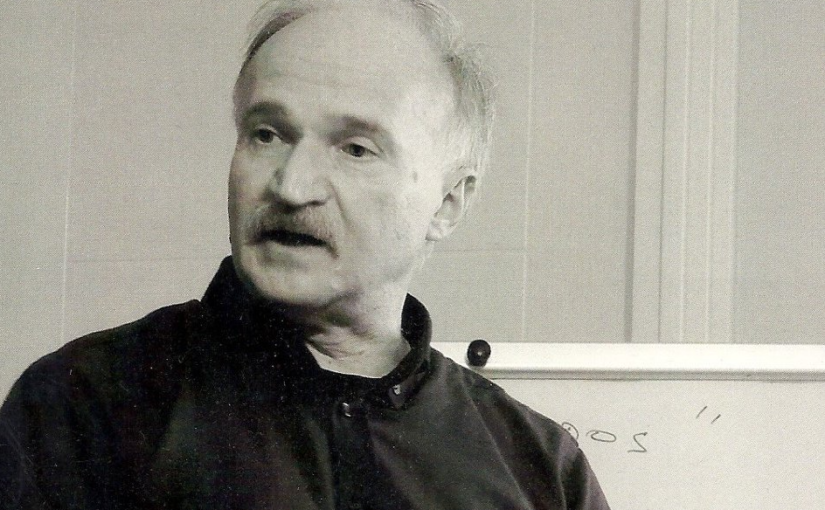Logic and Consciousness
It can be said that one of the most distinguishing features of philosophical research is to reveal necessity or necessary relations. Philosophical studies also deal with the conditions of necessity without abandoning the ground of logic, criticism, and justification for all their investigations. The areas where necessity is “seized” are logic and mathematics. The outcomes reached in the field of logic and mathematics are not possible or probable; they are necessary and certain. The condition on which this necessity is based does not change over time; it is not subject to time. The necessity in logic and mathematics are not grounded on temporality or historicity. Although it is necessary to mention that both logic and mathematics emerged in human history with the emergence of language ability and its use in Homo Sapiens as a consequence of neural networks reaching sufficient complexity at a very early stage in history, this does not mean that logic and mathematics are historical sciences. The fact that they have been developed over time does not make them temporal, hence experiential. The condition and consequence of the neural networks reaching sufficient complexity are that an “intelligent being” as a biological creature “rises” to the stage of consciousness of the its self or self-consciousness, and accordingly, to the stage of the identity of self-consciousness, in other words, the ability to “rise” to the “unconditional” in the sense of being independent of experiential and temporal conditions and to carry out the thinking activity on this ground.
The formal condition that assures soundness of reasoning and to reach ‘truth’ about the object of thought is that the reasoning process does not encounter with contradictions or inconsistencies. Yet there is another conditions that assures detection of contradictions and inconsistencies; that is both the identity of the object of thinking and the identity of its sign (contextual or symbolic) are to be preserved during the reasoning process in general.
Wittgenstein expresses the issue in his own style in Notebooks as follows: “The obscurity obviously resides in the question: what does the logical identity of sign [Zeichen] and thing signified [Bezeichnetem] really consist in? And this question is (once more) a main aspect of the whole philosophical problem.” “The logical identity between sign and thing signified consists in its not being permissible to recognize more or less in the sign than in what it signifies. If sign and thing signified were not identical in respect of their total logical content then there would have to be something still more fundamental than logic.” [italics in the original] L. Wittgenstein. Notebooks 1914-1916. Trans. G.E.M. Anscombe. Harper Torchbooks, N.Y. 1961, pp. 3, 4.
I add the previously mentioned identity of self-consciousness as a ground condition to these thoughts: the identifier’s being spontaneously conscious of self-identity and its priority as a ground over each act of consciousness.
Dearest professor Teo Grünberg, in his 2020 World Logic Day declaration, spoke of the possibility of the grounds of “proto-logic” which makes all different logic systems possible – regardless of the logical systems and their applicability or application areas—but without being one of those logical systems (referring to Kripke and Robert Hanna).
Robert Hanna, in his book Rationality and Logic, to which Teo Grünberg refers, speaks of a “proto-logic,” through which all classical logic and first-order predicate logic with identity, as well as non-classical logic systems such as paraconsistent logic, extended logic, and alike, are established. I think there is a strong connection between what was said above about self-consciousness and its the relation to time and the understanding of “proto-logic”, and I sincerely agree with Prof. Grünberg that new studies should be done on this subject.
Finally, I would like to add the following about the importance and value of logic for humanity and morality: Those who study logic and/or those who teach logic have also contributed to philosophy and thinking differently. Those who make their way through the abstract reasoning structure encounter the issue of “rightness” when proving any logical theorem or testing the validity of arguments. In other words, they always have the tension of the thought “I shouldn’t take a step that I don’t have the right to” while moving forward in a chain of inference. They are aware that they are obliged to complete their proofs without taking unjustified or illegal steps.
Since, a step cannot be right, unless the laws and rules of thinking justify it. That is, the question of justification and being right is also required for any law, an axiom, or an additional rule. Thus, those who deal with logic experience the purest state of the “right” or “being right,” disregarding the psychological and emotional states. The same is true for mathematics and, to a certain extent, for the natural and social sciences, according to a scale of experiential content. For instance, this experience is required in the practice of the science of law to be isolated from arbitrary political pressures. Nevertheless, it is logic where its purest form is experienced.
Those who study and teach logic will significantly contribute to their students to the extent that they convey this vital idea and the mindset to their students. Perhaps the highest moral value that philosophy students can derive from logic is grasping and experiencing the concept of right based on necessity in its purest form.
Prof. Dr. Hasan Bülent Gözkân
14 January 2022

Biography of Prof. Dr. Hasan Bülent Gözkân
Hasan Bülent Gözkân was born in 1957 in İstanbul. He completed his secondary education at Saint Joseph High School and his undergraduate education in Civil Engineering at METU. He received his master’s degree in Philosophy from METU, with the thesis titled “Conventionalism in Geometry: An Instance of the Impact of Geometrical Systems on the Philosophy of Science” in 1992, and his doctorate in Philosophy from Boğaziçi University, with the dissertation titled “The Problem of the Constitution of Self and Reason in Kant’s Transcendental Thought” in 2000. He taught philosophy at Yeditepe, Mimar Sinan Fine Arts, İstanbul Technical, Galatasaray, and Boğaziçi universities. He was a visiting researcher in the Department of Philosophy at Clark University, the USA. He worked and has been working on Kant, Frege, Wittgenstein, Heidegger, and logic. He is currently the head of the Department of Philosophy at Mimar Sinan Fine Arts University.
